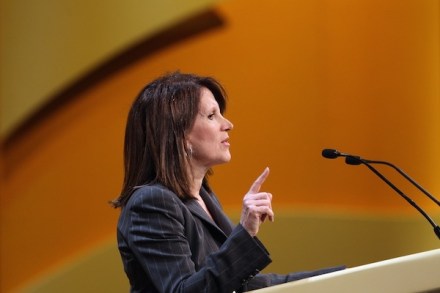Big Brother (and HMRC) is watching you
It’s the anniversary of George Orwell’s death today – and HMRC seem to be marking the occasion with adverts in cashpoints celebrating their emerging status as the Big Brother of Britain. The above picture, which I took the other day from a cashpoint, shows a pair of female eyes staring and blinking at you as you take our you money, with the clear message from the taxman: be warned, we have the power to pry. Not yet they don’t: the Snooping Bill has been attacked in parliament and looks like it may not survive. The disingenuous rationale for the Bill was that it would help MI5 crack down on terrorists who




















